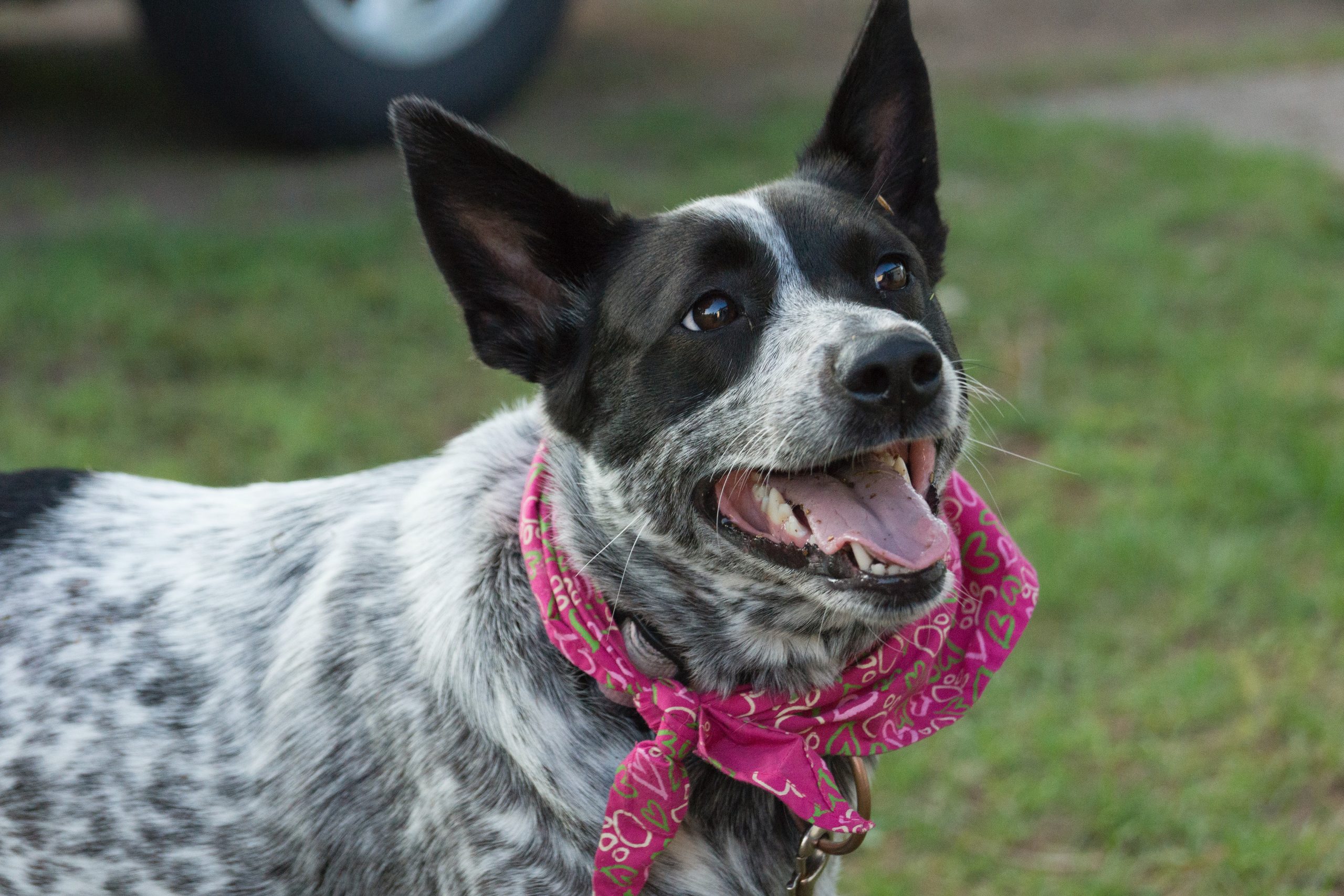Neutering, or the surgical removal of a male dog’s testicles, is a standard procedure for pet dogs, including Australian Cattle Dogs. This breed, known for its high energy and intelligence, has specific health and behavioral considerations that affect the timing of neutering.
1. Veterinary Consensus on Neutering Age
a. General Recommendations
Veterinarians typically recommend neutering dogs between 6 to 9 months of age. This standard is based on benefits such as preventing unwanted litter and reducing the risk of certain health issues.
b. Specifics for Australian Cattle Dogs
For Australian Cattle Dogs, some vets may advise waiting until they are around one year old. This breed is known for its active and energetic nature, and waiting until they are fully matured can benefit their physical and mental development.
2. Advantages of Early Neutering
a. Health Benefits
Neutering before 6 months can decrease the risk of testicular cancer and some hernias. It may also prevent undesirable behaviors related to the dog’s mating instinct, such as aggression or roaming.
b. Behavioral Aspects
Early neutering can lead to a more manageable pet, reducing dominance and territorial behaviors. This can result in a dog that is easier to train and more suitable for a family environment.
3. Disadvantages of Early Neutering
a. Impact on Growth
Neutering an Australian Cattle Dog too early can affect their growth. Hormones play a critical role in developing bones and muscles, and their premature removal can lead to imbalances.
b. Potential Health Risks
Early neutering may increase the risk of specific health problems, including joint disorders like hip dysplasia, which can concern an active breed like the Australian Cattle Dog. There is also a potential increased risk of certain cancers and cardiac issues.
4. Advantages of Later Neutering
a. Physical Development
Allowing an Australian Cattle Dog to fully mature before neutering can benefit their physical health. Hormones are essential for developing strong bones and muscles, crucial for a physically active breed.
b. Health Considerations
Delaying neutering may reduce the risks of joint disorders and some cancers. It also ensures the dog’s metabolic rate and body condition are well established, which can contribute to better overall health.
5. Disadvantages of Later Neutering
a. Behavioral Challenges
Delaying neutering can lead to challenges in managing mating-related behaviors, such as marking, aggression, and a tendency to roam, making training and control more difficult.
b. Health Risks
While later neutering can mitigate certain risks, it may increase the likelihood of others, such as testicular cancer and prostate issues. There is also a continued risk of accidental breeding.
6. Alternatives to Traditional Neutering
a. Chemical Castration
Chemical castration involves the administration of drugs to reduce testosterone levels temporarily. This can be an option for owners who prefer a non-surgical approach or wish to delay permanent neutering.
b. Vasectomy
A vasectomy, which involves severing the vas deferens but leaving the testicles intact, prevents reproduction while maintaining hormone production. This can benefit the dog’s growth and development while preventing unwanted litters.
Conclusion
The decision on when to neuter a male Australian Cattle Dog depends on various factors, including the dog’s health, breed-specific needs, and the owner’s circumstances. While the general veterinary recommendation is between 6 to 9 months, the choice should be personalized, considering the advantages and disadvantages of neutering at different ages. Alternatives like chemical castration and vasectomy offer additional options. Consulting with a veterinarian experienced with Australian Cattle Dogs is essential to make an informed decision that is best for the dog and the owner.
Frequently Asked Questions An Australian Cattle Dog Owner Might Ask Before Neutering Their Australian Cattle Dog
1. What is the best age to neuter my Australian Cattle Dog?
The ideal age for neutering an Australian Cattle Dog is generally between 6 to 9 months. This timeframe balances the benefits of early neutering, such as preventing unwanted behaviors and certain health risks, with the dog’s physical development. However, it’s essential to consult with your vet, who may recommend waiting until your dog is about one year old, especially for this active breed.
2. Are any specific health risks associated with neutering an Australian Cattle Dog?
Neutering an Australian Cattle Dog, especially early, can increase the risk of certain health issues such as hip dysplasia and other joint disorders. Early neutering may also affect the dog’s growth and development. However, it significantly reduces the risk of testicular cancer and prostate problems.
3. Will neutering change my Australian Cattle Dog’s personality?
Neutering can lead to some changes in behavior, usually making a dog less aggressive and less likely to roam. However, it does not fundamentally change a dog’s personality. Your Australian Cattle Dog will retain its intelligence, energy, and loyalty.
4. How long does it take for an Australian Cattle Dog to recover from neutering surgery?
Recovery from neutering surgery typically takes about 10 to 14 days for an Australian Cattle Dog. During this time, it’s important to keep your dog calm and limit physical activity to ensure proper healing. Your vet will provide specific post-operative care instructions.
5. What are the behavioral benefits of neutering my Australian Cattle Dog?
Neutering can reduce many unwanted behaviors associated with mating instincts, such as aggression, marking territory, and the desire to roam. It can also make training easier and help your Australian Cattle Dog become more focused and manageable at home.
6. Is the neutering procedure safe for Australian Cattle Dogs?
Yes, neutering is a common and safe surgical procedure for Australian Cattle Dogs, as with other breeds. However, as with any surgery, there are risks involved. Discuss these risks with your veterinarian to understand the specifics related to your dog.
7. How can I care for my Australian Cattle Dog after neutering surgery?
Post-surgery, it’s important to keep your dog indoors and limit its activity. Monitor the incision site for signs of infection and ensure your dog doesn’t lick or bite the area. Follow your vet’s instructions regarding pain management and follow-up visits.
8. What are the long-term effects of neutering on an Australian Cattle Dog?
Long-term effects of neutering an Australian Cattle Dog include a reduced risk of certain cancers and prostate issues. Behaviorally, neutered dogs are often less aggressive and less prone to roaming. Neutering can also contribute to a longer, healthier life.
9. Are there alternatives to traditional surgical neutering for my Australian Cattle Dog?
Yes, alternatives to traditional surgical neutering include chemical castration, where drugs are used to temporarily reduce testosterone, and vasectomy, where the vas deferens are cut but the testicles remain. These alternatives have different effects and may be suitable depending on your circumstances.
10. Will neutering affect my Australian Cattle Dog’s activity level or working ability?
Neutering should not significantly affect your Australian Cattle Dog’s energy level or ability to work. These dogs are known for their high energy and intelligence, and neutering typically does not diminish these traits. It’s important to maintain regular exercise and mental stimulation post-surgery.





